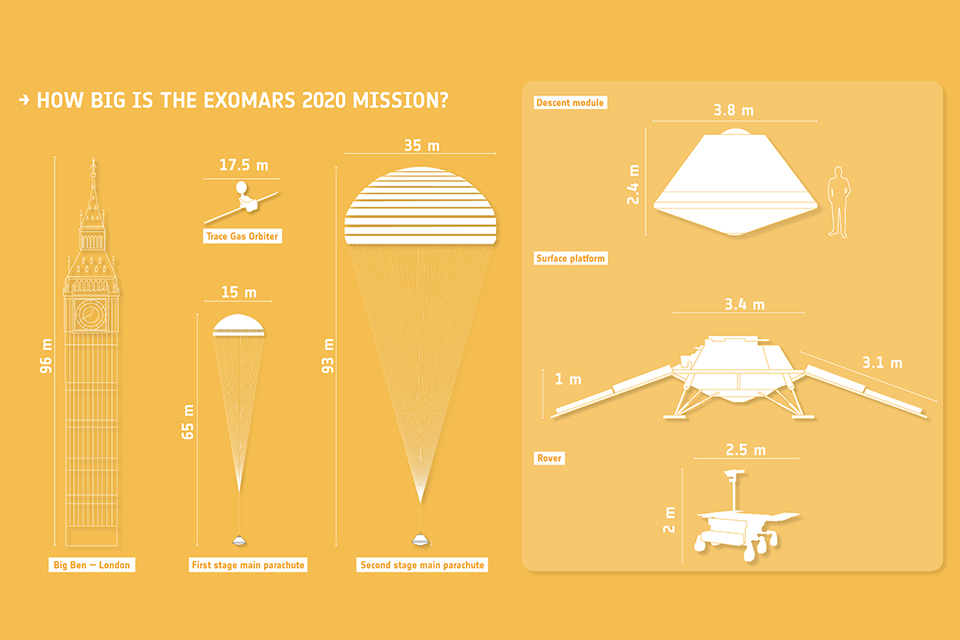News story: Dave Tudor becomes Managing Director of ISCF Medicines Manufacturing Innovation Centre
Dr Dave Tudor, previously Head of Manufacturing Strategy for GlaxoSmithKline, has been appointed Managing Director of the Medicines Manufacturing Innovation Centre, a unique facility offering transformative solutions in small molecule and fine chemical manufacturing, funded by UK Research and Innovation through the Industrial Strategy Challenge Fund.
As Managing Director, Dr Tudor will be responsible for delivering the business strategy for the Medicines Manufacturing Innovation Centre, which is a collaboration between the Centre for Process Innovation, the University of Strathclyde, GSK and AstraZeneca. The Centre is supported by a £13 million investment from UK Research and Innovation, through the Industrial Strategy Challenge Fund, along with £15 million from Scottish Enterprise and £7 million from both GSK and AstraZeneca.
Dr Dave Tudor said:
I’m excited to begin my role as Managing Director of the Centre and to have the chance to create a transformative strategy for life science in the UK. My aim is to connect the industry and bring partners together to work in a non-competitive way. What really motivates me is the idea that we can avoid waste, reduce costs and make these medicines more accessible and more affordable. Anything that can be done to transform the product and make it cheaper has got to be a good thing.
Dr Ian Campbell, Executive Chair for Innovate UK and joint- responsible officer for the Industrial Strategy Challenge Fund said:
The Medicines Manufacturing Centre will be a major facility and a jewel in the crown for the UK’s life sciences sector. I’m very pleased that we have managed to attract someone of Dave Tudor’s calibre, experience and connections. His appointment demonstrates the value that the industry sees in the investment the Government is making through the Industrial Strategy Challenge Fund.
With over 27 years of leadership experience, Dr Tudor will help the Centre to achieve its ultimate goal of lowering the cost of drugs, which will make healthcare more affordable for providers and patients.
After completing a PhD in Chemistry from Glasgow University, Dr Tudor joined SmithKline Beecham in 1992 and moved to GSK in 1997. He has held various management and leadership positions throughout his 27 years working in the pharmaceutical industry. Since 2011, he has served on the Board of Directors for Chemical Industry Association, the Chemical Growth Partnership, the Glasgow Economic Board and various UK Innovation Centres.
Dr Tudor has been involved with the Medicines Manufacturing Innovation Centre since its inception, and will be using his role as Managing Director to investigate how the UK can drive more value from life science research and development.
The Centre aims to address the key challenges facing the pharmaceutical sector by bringing industry, academia and government together to accelerate the translation of technology and provide a better economic return for the sector. It will enable new and disruptive technologies to be proven at scale. This will allow the rapid adoption of next-generation processes that reduce risk, cut costs and save time.
Andy Jones, ISCF Medicines Manufacturing Challenge Director, said:
I’m looking forward to working closely with Dave Tudor and his whole team to drive this crucial phase of turning the Medicines Manufacturing Innovation Centre from plans into reality. The Centre is a vital new facility for the whole of the UK, both in terms of saving more lives and creating even better conditions for Life Sciences companies to thrive and grow in a fiercely competitive global market.
Located in the Advanced Manufacturing Innovation District in Renfrewshire, Scotland, the Medicines Manufacturing Innovation Centre aims to attract over £80 million of R&D investment by 2028 and will create 80 high value jobs by 2023. While its premises are under construction, the staff of the Centre will be based in the University of Strathclyde’s Technology and Innovation Centre Zone.

